With the Covid-19 crisis continuing to present a real and substantial threat to the ongoing protection of public health and the most vulnerable, the President of the College of Anaesthesiologists, Dr Brian Kinirons, outlines the experience of anaesthesiologists on the frontline.
The first wave of the pandemic felt like a tsunami, but in hindsight, it was just a trailer for what has evolved. I am immensely proud of the courage, commitment and professionalism of our anaesthesiologists and the key role they have played in providing care for our Covid-19 and non-Covid19 patients, both in intensive care and in the operating theatre, during this pandemic.
The current situation is fragile and very different to our experience last year. So much has changed, facilities have been enhanced and in all sites surge capacity plans are in place and have been activated to accommodate increasing numbers of patients who require critical care.
The health and wellbeing of our anaesthesiology colleagues remains a central concern of the College. The availability of vaccines represent a great hope to keepour workforce safe and well so that they can continue to provide the best possible care to those who need it most.
At a College level, like the rest of society, we miss the social aspect of gathering together and the wellbeing that creates. Keeping our distance and reducing our contacts are so important and as a College we too will play our part in reducing transmission.
It has been well-documented that the current strain of the virus is highly transmissible and we are worried about the impact that the need to isolate has on individual doctors, healthcare workers, their families and their friends.
Staff absence
Great credit goes to those who have upskilled in the past year from every discipline to provide additional surge support in critical care units. This virus doesn’t discriminate but when anaesthesiologists and critical care nurses get sick. Enforced staff absence either due to Covid or Covid contact has been a significant feature of the this third phase and continues to challenge our ability to provide the best care for our patients.
I am also very conscious of the burden placed on families whose loved one are in intensive care. Due to visitor restrictions, most families cannot be by the bedside at a time of greatest need. In the absence of physical presence communication is more important and the technology available to communicate with families and our teams has improved but it can never replicate the heart to heart involved with a face to face meeting. We have been there with patients throughout their illness and witnessed heartbreak in families where loved ones have died. Our humanity bonds us together but it is very tough, there is no doubt about that.
We are seeing greater vertical transmission with more than one person in the same family becoming critically ill and we do not have the luxury of cohorting families together.
Our allied health care colleagues have been working side by side with us to support patients and families through this. Covid-19 has cemented this sense of partnership and teamwork and we all play a part in combatting this pandemic.
Exhausting
The physical impact of wearing full personal protective equipment (PPE) , donning and doffing, over a prolonged period has been exhausting. Never has the need to rest and recharge been greater, alas the fact that so many staff are close contacts or have contacted the virus means that getting down time is limited. I am impressed by the obvious commitment of a workforce who are tired and in need of recuperation.
Our trainees have been exceptional. Day after day they have been working and training under the most extreme conditions, going home at night to study for examinations. At a College level, we have worked with the Forum of Postgraduate Training Bodies, the Medical Council and the HSE NDTP [National Doctors Training and Planning] division to make sure that we support the progression of trainees. They are an essential and much valued part of our health system. I am proud that throughout all of this, we have protected postgraduate medical training in anaesthesiology and Intensive care during this time of great clinical demand.
Ambition
Over the past two years, we embarked on an ambitious digital transformation to support our trainees and doctors working in anaesthesiology, intensive care and pain medicine. We have invested heavily in initiatives to improve patient safety and patient care. Over the past year we have launched our new Eportfolio for Training, making it easier for us to track trainee progression, we have moved from written to online examinations and we have pivoted the majority of our CPD events online, doubling and tripling the numbers in attendance.
We are grateful to have world leaders in anaesthesiology, intensive care and pain medicine in Ireland who have contributed to the delivery of the best care possible to our patients, who have participated and led large scale clinical trials and led out on development of surge plans and clinical protocols at a local and national level.
We remain together as team, working as one to make sure that our patients receive the best care possible. Our promise to you is that we will never stop.
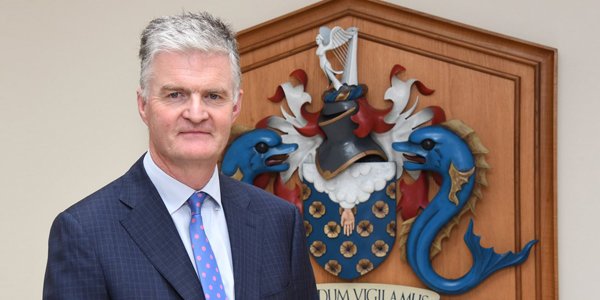

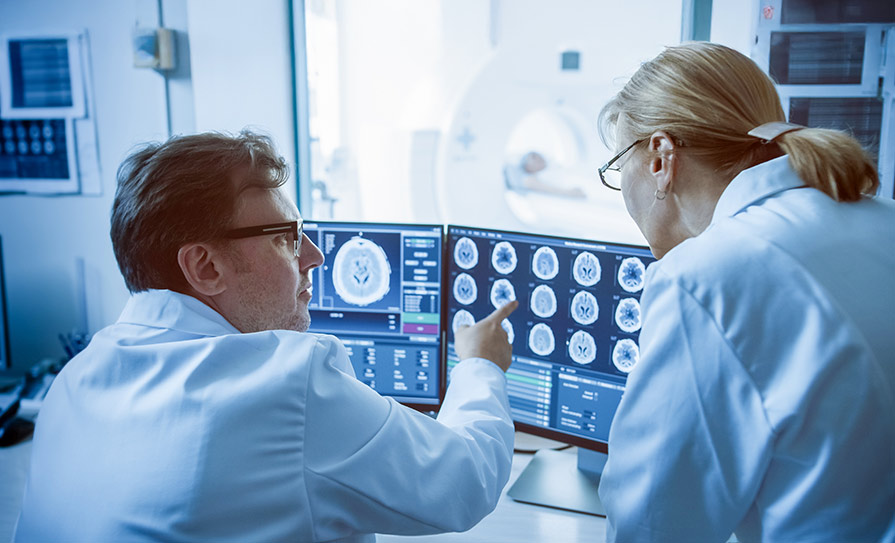

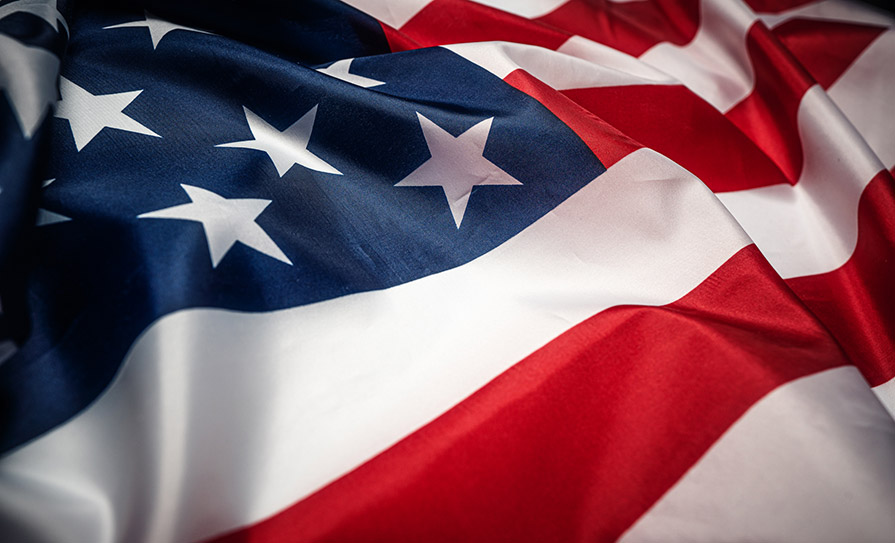
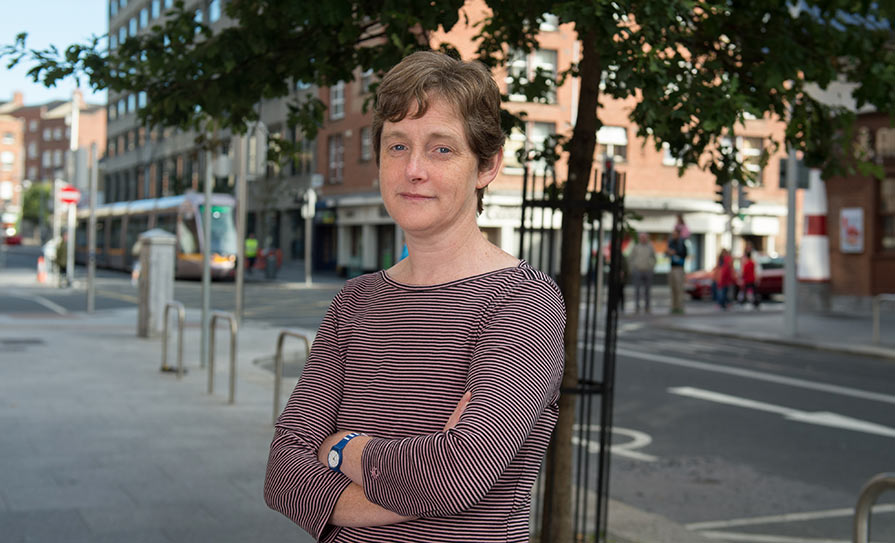
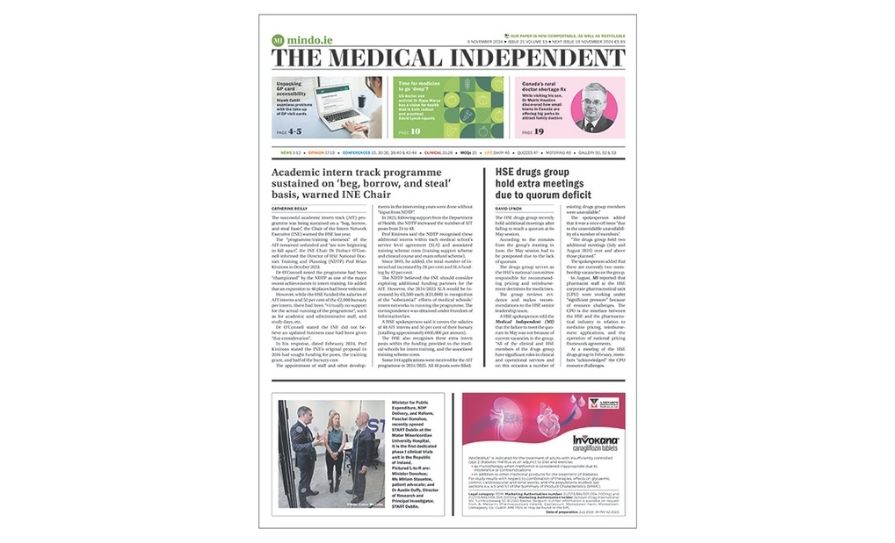

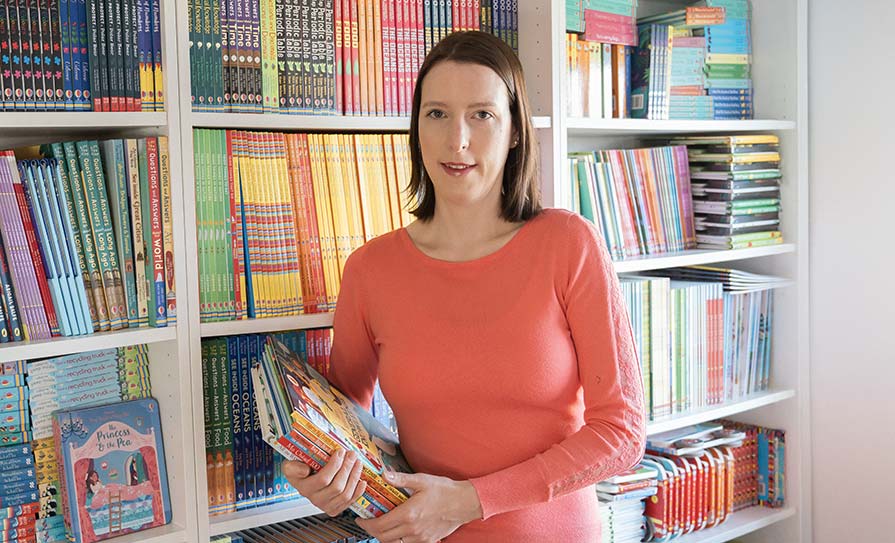



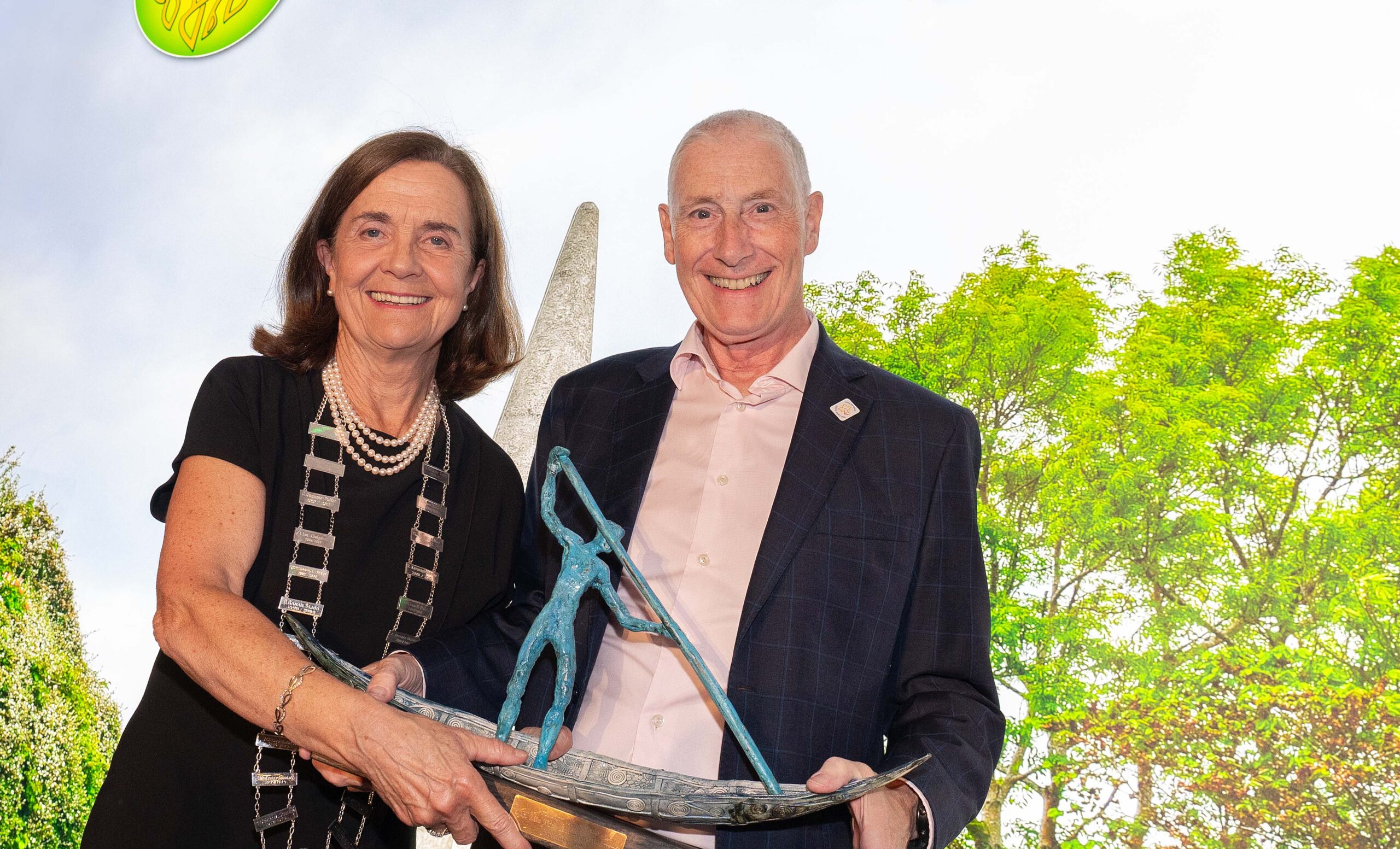
Leave a Reply
You must be logged in to post a comment.